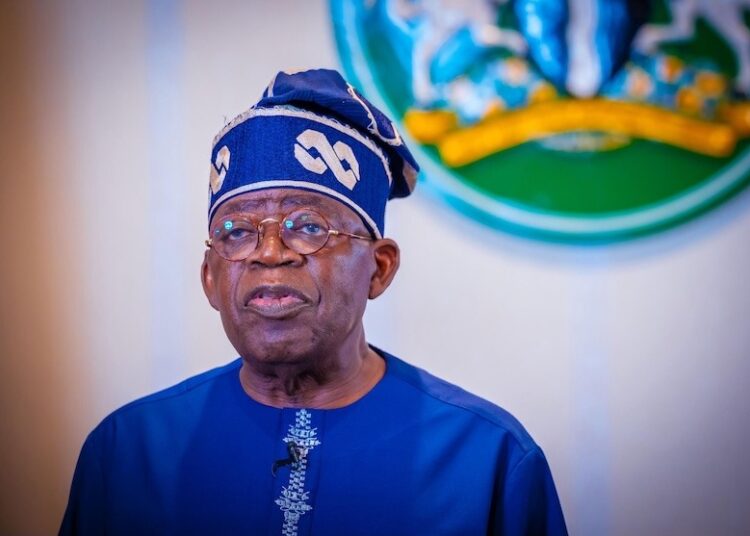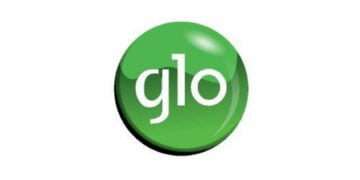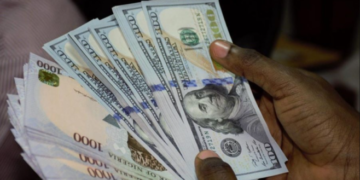President Bola Tinubu has requested the approval of the National Assembly for a fresh N1.15 trillion borrowing from the domestic debt market to help finance the deficit in the 2025 budget.
Also, the federal government, through the Debt Management Office (DMO), is set to raise $2.3 billion from the international debt market this week. This would be the country’s first Eurobond issuance since December 2024, testing investor confidence in the government’s reform agenda amid renewed geopolitical headwinds.
The President’s request was contained in a letter read on the floor of the Senate during plenary on Tuesday.
According to the letter, the proposed borrowing is aimed at bridging the funding gap and ensuring the full implementation of government programs and projects under the 2025 fiscal plan.
Following the letter’s reading, Senate President Godswill Akpabio referred the request to the Senate Committee on Local and Foreign Debt for further legislative scrutiny.
The committee is expected to report back within one week for subsequent action.
Meanwhile, the Eurobonds move comes at a critical time, as global investors weigh the political and economic implications of United States President Donald Trump’s threat to send troops to Nigeria over alleged religious persecution.
President Bola Ahmed Tinubu had last month secured approval from the National Assembly to raise the $2.3 billion Eurobond alongside a $500 million sovereign Sukuk, in a financing plan aimed at supporting the 2025 Appropriation Act, refinancing maturing debt, and diversifying Nigeria’s debt instruments.
Sources close to the transaction told Bloomberg that the DMO is moving ahead with plans to sell 10-year debt and longer-dated 15- or 30-year securities, pending final clearance from the Ministry of Justice. The offer would be Nigeria’s first Eurobond issuance since it raised $2.2 billion last December, a sale that was oversubscribed sevenfold, underscoring strong global appetite for Nigerian risk assets at the time.
The director general of the DMO, Patience Oniha, commenting on the planned Eurobond last month, had said it would be raised in the fourth quarter of 2025, subject to market conditions, adding that the issuance aligns with the government’s financing strategy for the fiscal year and forms part of efforts to refinance a $1.12 billion Eurobond maturing on November 21. “The $2.3 billion borrowing is essential to bridge funding gaps in the 2025 budget and ensure the sustainability of our debt profile,” Oniha said.
The financing structure will see Chapel Hill Denham, JPMorgan Chase & Co., Standard Chartered Plc, Citigroup Inc., and Goldman Sachs Group Inc. serve as joint lead managers for the transaction.
At the same time, FSDH Merchant Bank Ltd. acts as the federal government’s financial adviser.
President Tinubu, in his letter to the National Assembly last month, underscored the importance of the borrowing plan in stabilising Nigeria’s fiscal outlook. “Refinancing through Eurobonds or syndicated loans will guarantee debt sustainability and boost investor confidence,” he said, adding that such refinancing was “standard practice in international debt markets.”
The planned Eurobond issuance comes as African economies, including Kenya and Angola, return to the global capital markets to capitalise on improved funding conditions and easing U.S. interest rates. According to JPMorgan Chase & Co., average spreads on African sovereign debt have fallen by almost half since April to 367 basis points, reflecting renewed investor appetite for emerging-market bonds.
Since assuming office in May 2023, President Tinubu has rolled out a series of market-friendly reforms applauded by investors, including the removal of fuel subsidies, a foreign exchange market liberalisation, and tax reforms aimed at boosting fiscal revenues. The measures have already yielded positive sentiment, with Moody’s Ratings upgrading Nigeria’s credit outlook to B3 from Caa1 earlier this year, citing “significant improvements in the country’s external balance and fiscal position.”
Tinubu’s administration is also seeking to broaden Nigeria’s presence in the Islamic finance market. It plans to issue a $500 million sovereign Sukuk, the country’s first international Islamic bond. The move follows the success of domestic Sukuk issuances, which have raised N1.39 trillion since 2017 to finance critical infrastructure projects, particularly road construction.





